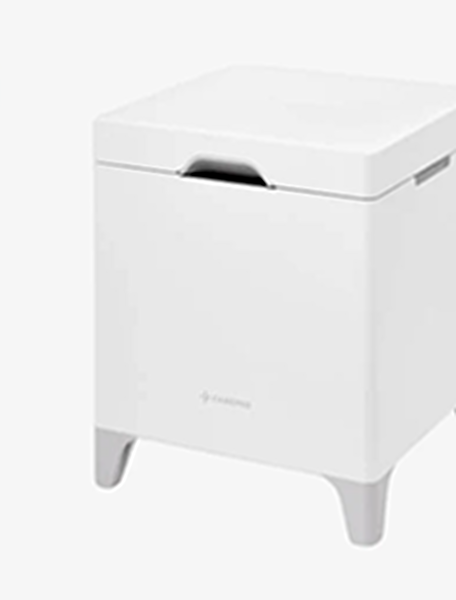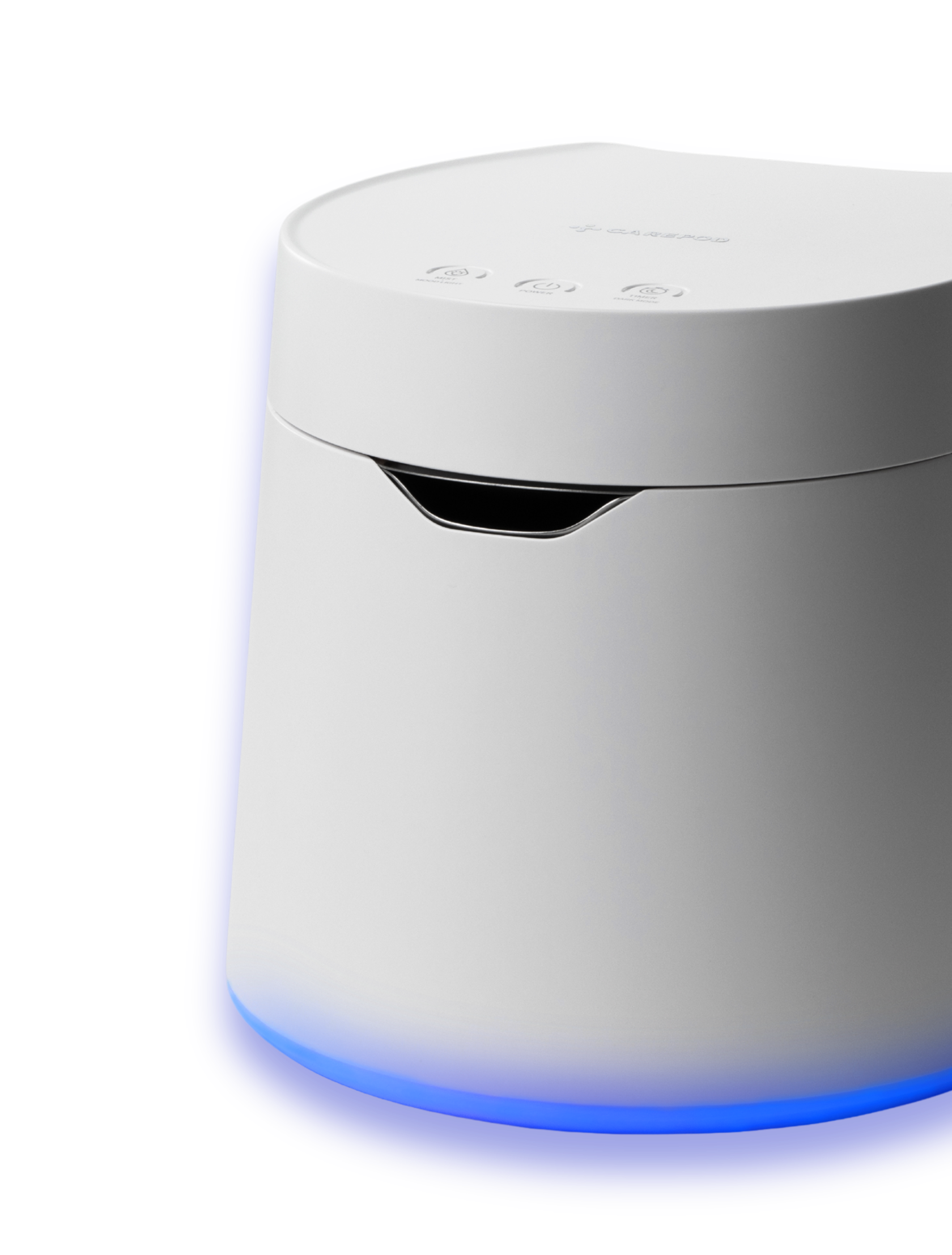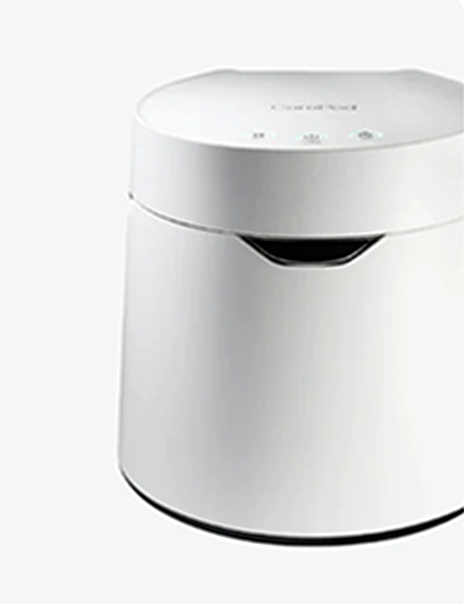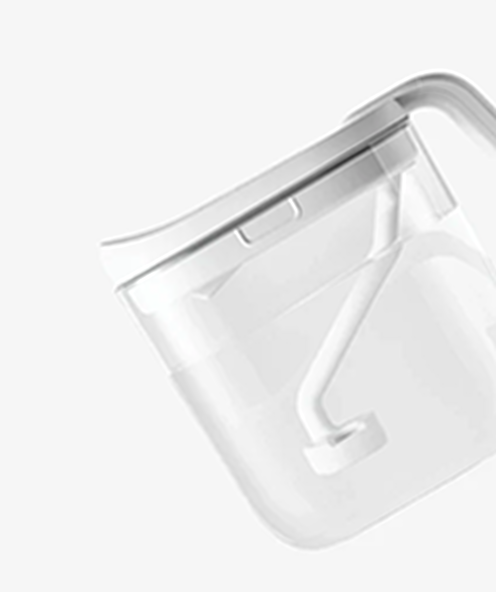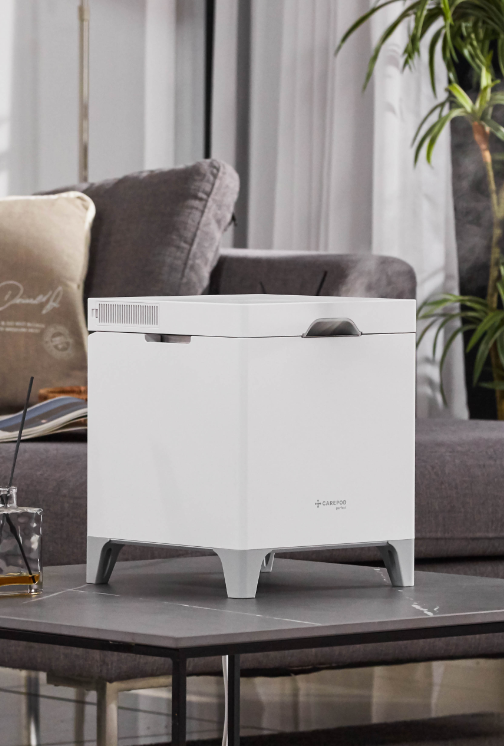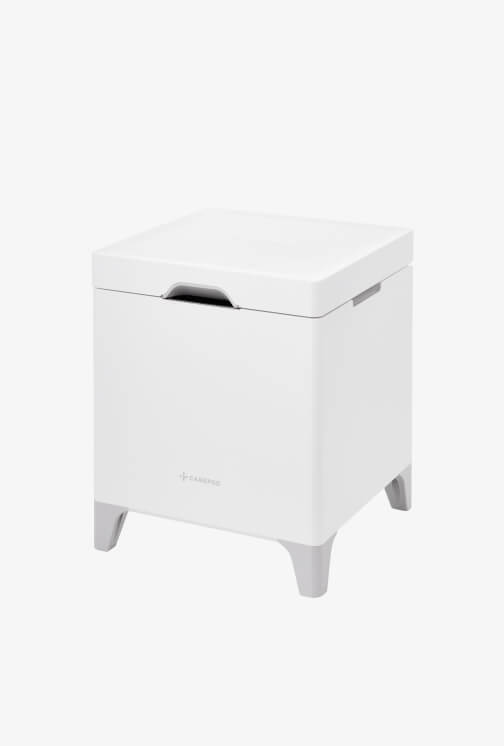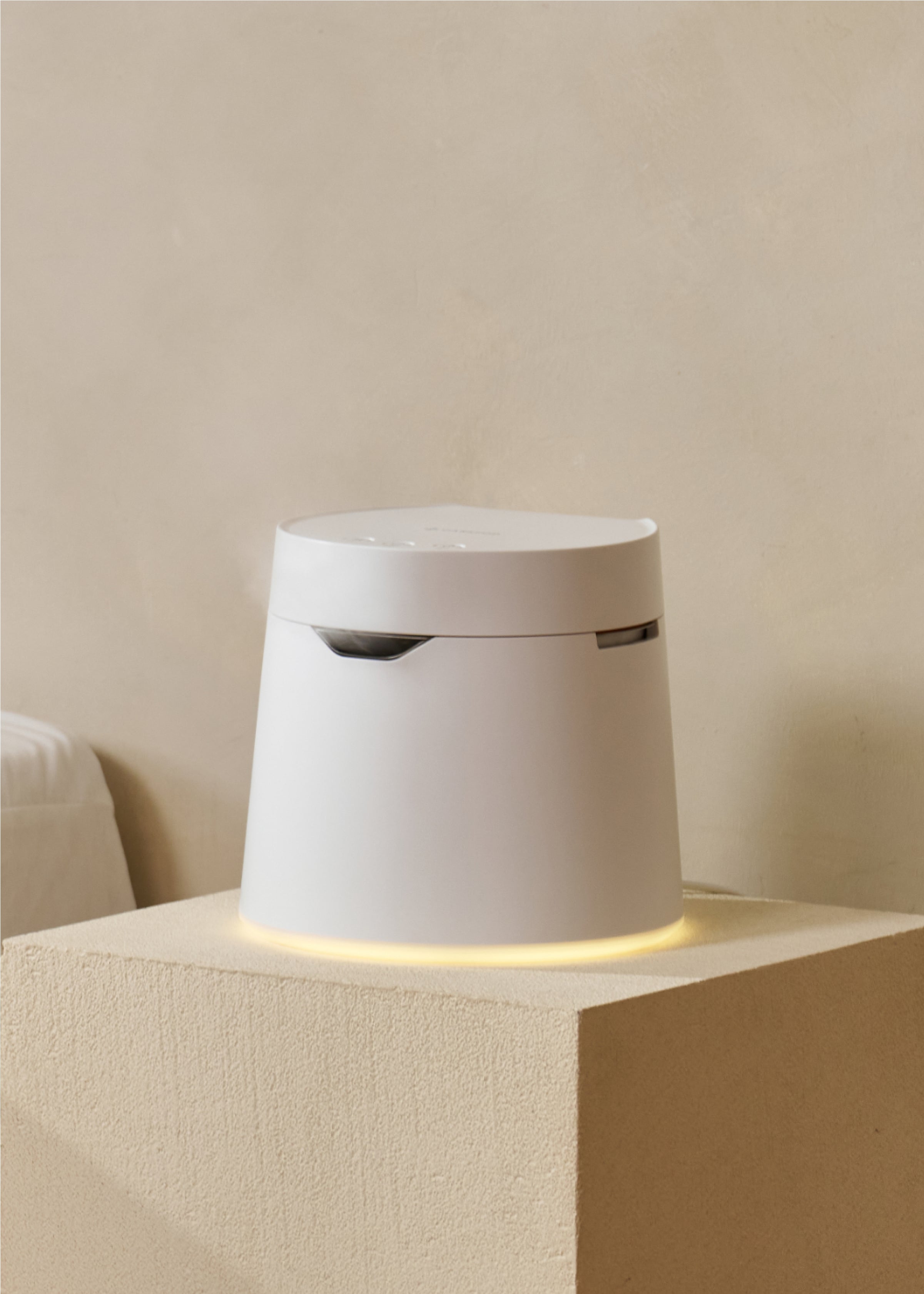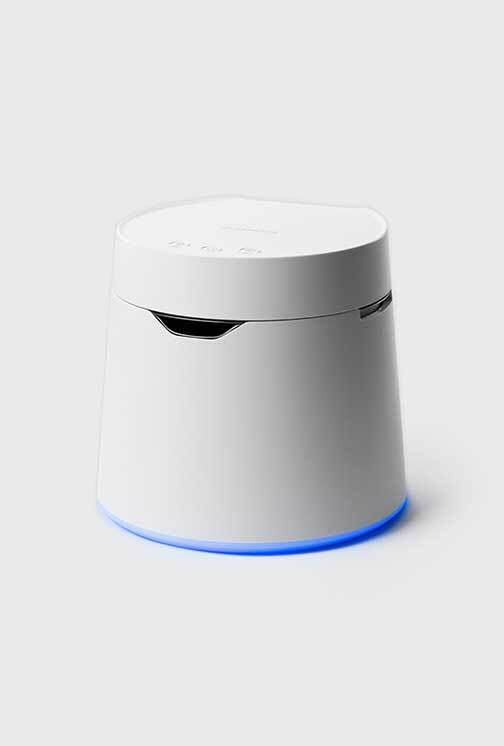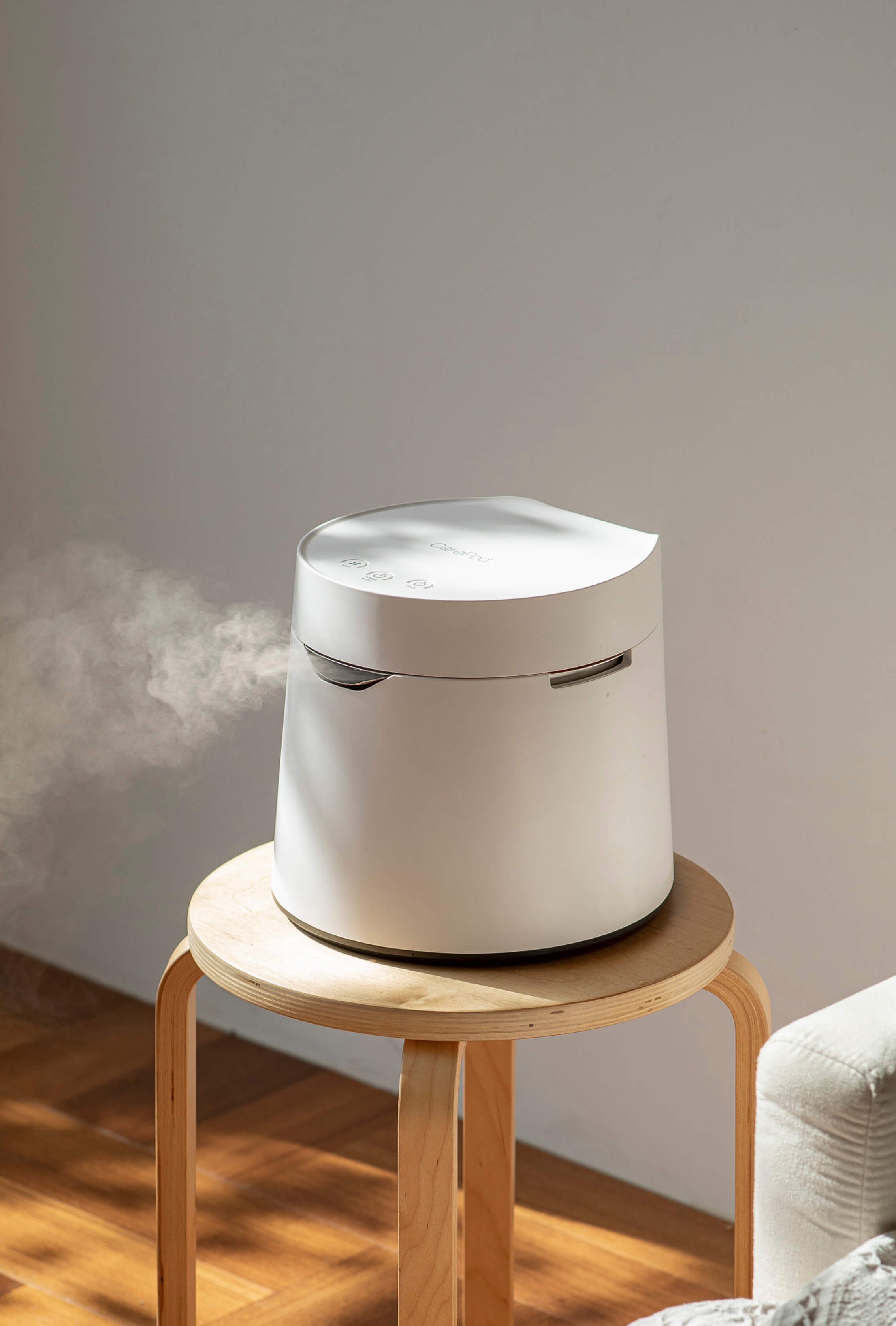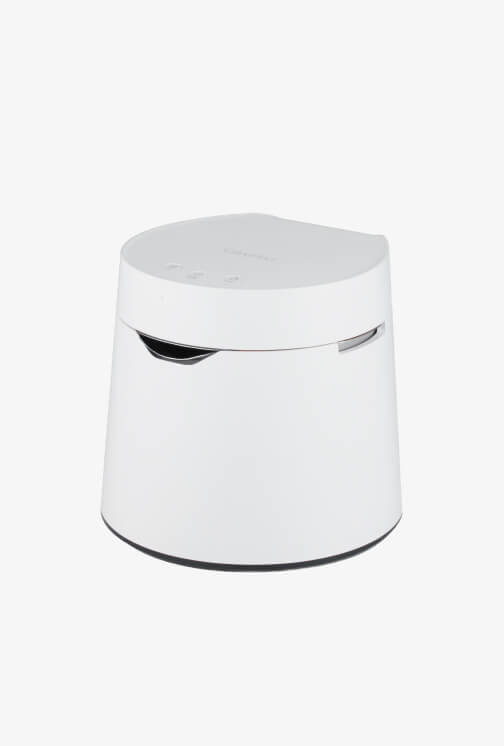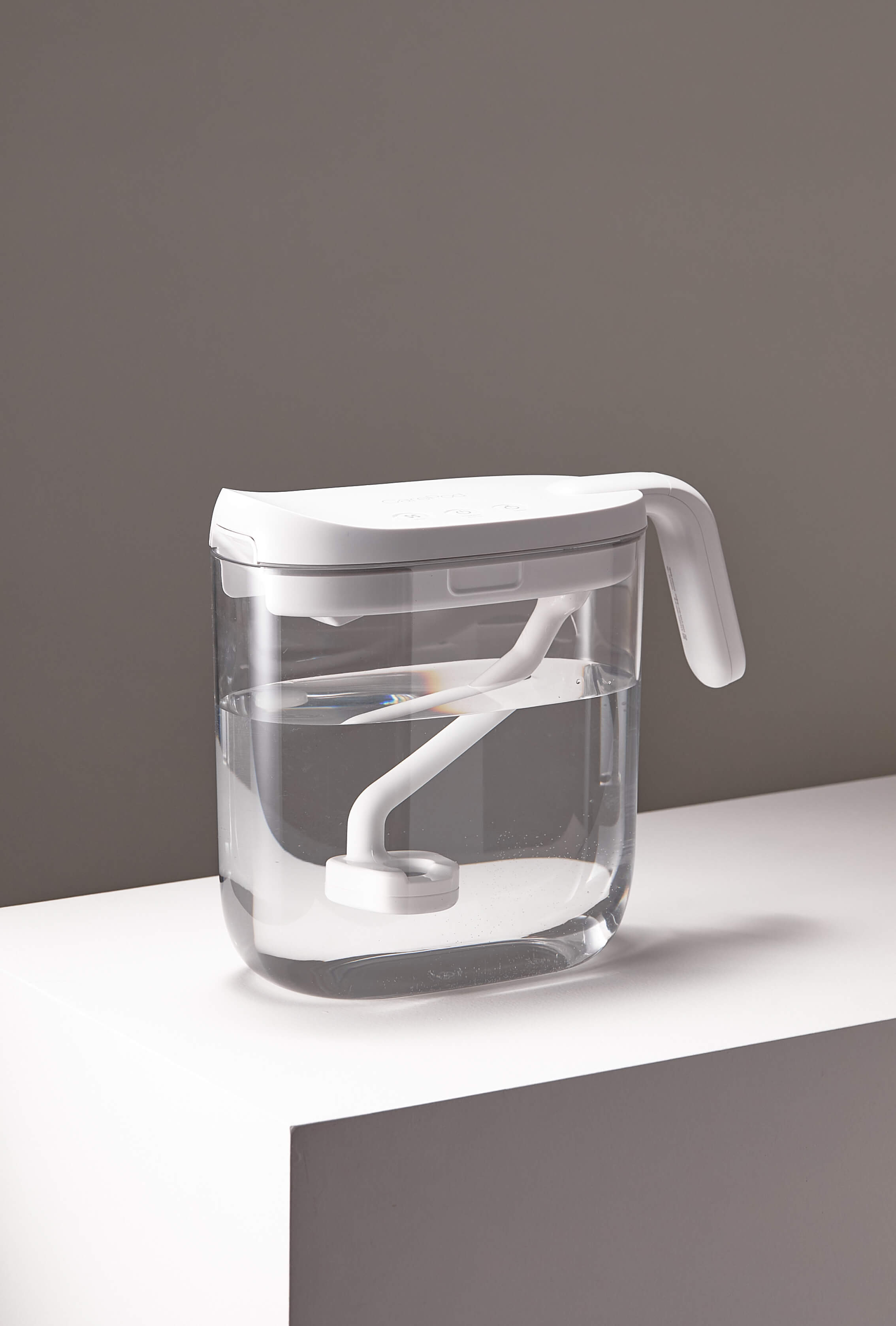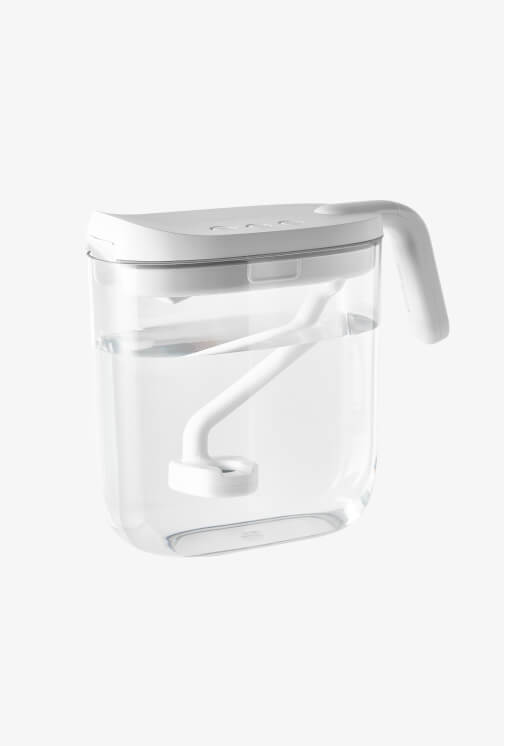3 Key Humidifier Benefits for Your Home

While humidifiers are known to improve indoor air quality and provide a wide range of benefits for your health, such as helping to relieve allergy and cold symptoms and even prevent infections, they may also be great for your entire house.
Here are 3 ways that a humidifier can improve your overall home environment.
Plants

The key to growing beautiful and healthy plants in your home is to replicate their natural habitat. Cacti, for example, grow best in a dry climate with lots of sunshine, so providing them with a damp environment can potentially be damaging. However, many popular houseplants such as fern and bamboo come from climates with little sunlight and high humidity levels, and tropical plants may require even more water vapor in the air. Therefore adjusting your home accordingly will help them thrive.
First, be sure to do your fair share of research to learn which type of environment is best for your plants. Next, you should check your plants to see if they indeed do require more humidity. If the tips of the leaves are becoming dry and brown and your soil looks crusty, that's a sign that your plant may need more moisture, and humidifier can help to keep them healthy and hydrated.
Pets

Believe it or not, a humidifier can benefit the entire family, including your furry friends! You might have been wondering whether a humidifier is safe for your pet, and the answer is a most definite "yes!"
Did you know that dogs and cats can suffer from allergies just like we do. Common irritants that may trigger allergic responses and respiratory conditions in pets include pollen, dust, grain, grass, and feathers. This issue can become especially apparent since they crawl around on the floor for most of the day and are constantly exposed to various irritants and harmful particles around the house. They may also deal with dry skin or fur and other forms of irritation due to lack of moisture in the air.
Allergic responses in animals are often similar to those in humans. Check your pet for common symptoms like runny nose, watery eyes, sneezing, or inflammation around the eyes, ears, and lips. Also be on the lookout excessive scratching and licking as well as other abnormal behaviors.
Thankfully, a humidifier might just be able to help alleviate your pet's allergy symptoms. Some additional moisture in the air can help decongest nasal passages to relieve discomfort, protect mucous membranes to prevent against infection, and soothe dry, irritated skin or fur.
Maintaining healthy humidity levels is critical to ensuring the health and well-being of your family as well as your companions. Though a humidifier isn't necessarily a one-size-fits-all solution for your pet's health issues, it can serve as a valuable part of any treatment plan. And of course, be sure to consult a veterinarian for more serious issues.
Furniture and Appliances

In order to best protect your house and everything in it, maintaining proper humidity levels is essential.
Dry air can cause permanent damage to anything made of wood. Over the years, splits and cracks might become more and more common on your wood floors, walls, furniture, cabinets, desks, chairs, musical instruments, and various other items around the house. Dry air also contributes to the buildup of static electricity, which isn't great for sensitive electronic appliances like your television or microwave.
On the other hand, keeping the humidity too high can also be harmful to your home. Excess moisture levels and soften the fibrous material found not only in wood furniture, but also in books and papers. It's best to place your humidifier away from wood items. Additionally, if the indoor humidity is too high, growth of mold and bacteria may become a risk, which is not only harmful to the structure of your home, but also dangerous for your health.
In the end, you don't want your house to be too damp or too dry. In fact, the EPA recommends that the indoor relative humidity should be kept below 60% and ideally between 30% and 50%. Using a humidifier to maintain an optimal humidity level can help preserve furniture, appliances, and other items inside your home, as well as provide a general comfort level for everyone inside.
FAQ
If you're thinking of buying a humidifier, here are a few questions people often ask...
Should I get a whole-home humidifier or portable humidifier?
Of course, it depends on your needs and preferences, as there are pros and cons of both.
A whole-home humidifier is integrated into the furnace and plumbing systems of your house. Though typically difficult to install, they ultimately require very little maintenance compared to their portable counterparts. A thorough cleaning once a year (ideally at the end of the heating season) can help prevent excess bacteria growth or mineral deposits.
Portable or personal humidifiers, on the other hand, are obviously much smaller and are installed by plugging into standard electrical outlets. You can easily move them into different rooms or areas as needed. However, they do demand much more maintenance. Ideally, you should change the water supply daily (using distilled water instead of tap water) and clean the insides of the device at least once a week. Pro tip: try using white vinegar, a popular humidifier disinfectant.
How many humidifiers do I need?
A whole-house humidifier is true to it's name. Once you install it as part of the heating system, the entire home should be covered.
If you're opting for a portable humidifier, then consider size of your home, and where you spend most of your time.
For a one-to-two bedroom apartment a single device in the main living space should do, especially if other rooms are left open for the moisture to circulate through. For a larger house, it's best to have several humidifiers in areas where you spend the most time (for example, one in the living room and one in your bedroom).

Warm-mist or cool-mist humidifier?
Humidifiers come in two main varieties — warm-mist or cool-mist.
Warm-mist humidifiers dispel hot steam into your surroundings. While the process of boiling water may help to eliminate bacteria and mold growth, it can also pose a hazard to babies and pets. Warm-mist humidifiers work best in small areas and are typically quieter than their cool-mist counterparts since they don't require an internal fan to operate.
Cool-mist humidifiers, on the other hand, evaporate water using a fan, which produces more operational noise. They don't require boiling water and therefore consume less electricity. They're also safer for children since there is no burn risk.

When choosing a humidifier, you might encounter different names for warm-mist and cool-mist humidifiers. "Steam vaporizer" refers to warm-mist, "evaporative humidifier" refers to cool-mist, and an "ultrasonic humidifier" can be either or both; some models may allow you to switch between a warm-mist and cool-mist setting.
At the end of the day, every type of humidifier essentially provides the same benefits for your health and your home.
Is a Humidifier Expensive
The price range for a portable humidifier can be pretty wide — anywhere from tens to hundreds of dollars, while a whole-home humidifier is typically much more expensive. So it depends on your budget and the quality you're looking for.

At the end of the day, however, just know that your health is priceless, and a humidifier could turn out to be a worthwhile investment in the long run.
Final Thoughts
A humidifier can be a fantastic addition for your entire house, not only benefitting your own well-being, but also helping to improve your overall home environment. Additional moisture in the air can help to nourish your plants, provide health benefits for your pets, and preserve the furniture, appliances, and overall structure of your house.
